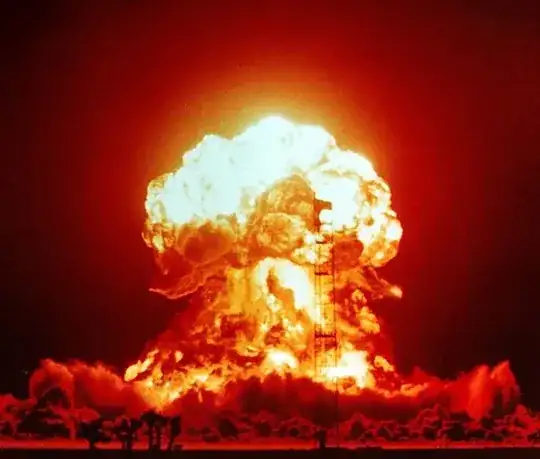My world has magic and I would like to check a few things about it. Feel free to correct me if I'm way off-base.
My magic is basically an energy conversion process. You take energy from your environment and convert it into something else. For instance, fireball, light or other fun stuff. I should clarify that it only needs to look like a fireball, light or other fun stuff to the average medieval farm boy. It could actually be anything else as long as it has the same effects and visuals.
Anyway, to enable that process, you need a sentient caster with a body. The universe will not have it any other way (actually, it will, but it's not relevant here).
However, in order to convert energy, from what I understand, you need some more energy. This problem is dealt with the introduction of the Unbestanum effect. Said effect allows transdimensional particles to dump energy into our own dimension. It is as if you had an unlimited magical energy tank somewhere that you could tap into. The energy from the Unbestanum effect is what powers the energy conversion.
Consider the caster plus the Unbestanum effect as your conversion system. You still need to input something if you want a fireball, and that input is likely going to be air. Because air is just full of the heat and it's also right there. So, in principle, you take air, input it in the conversion system, and voilà, fireball. The conversion system is sufficiently powered to produce the desired amount of output because it's magic.
About how many rules of physics and thermodynamics am I breaking with that principle?
Taking that principle (and possibly adjusting for fewer broken rules), is there a limit to how many forms of energy I could output if all I had was air, unlimited power supply and maybe some ground (though I can't see why that would be helpful)? If there is, what forms of energy would I be able to output?
